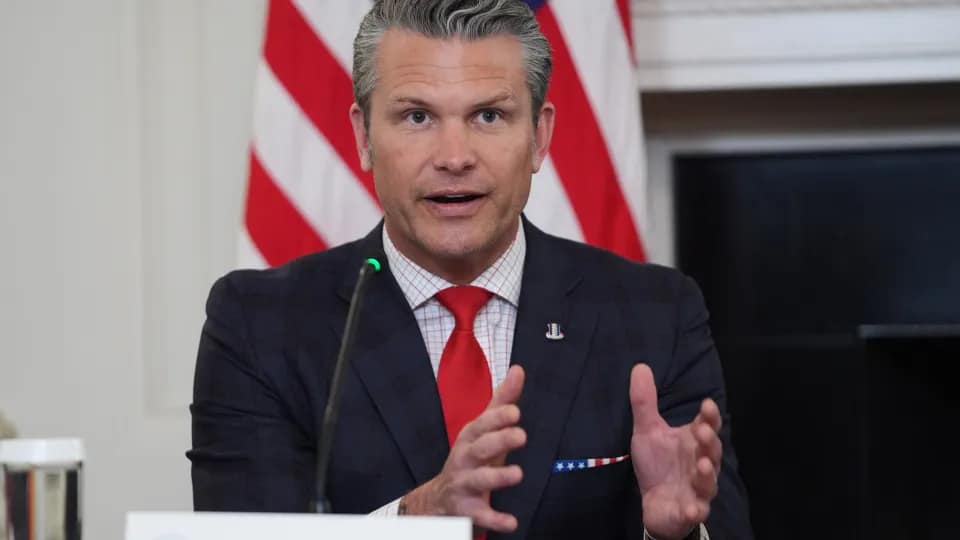The U.S. military has intensified its campaign against drug smuggling in the Caribbean Sea, executing yet another lethal strike on Saturday, as confirmed by Defense Secretary Pete Hegseth. This marks at least the 15th such operation since early September, targeting vessels allegedly involved in narcotics trafficking. Hegseth emphasized that the targeted vessel was identified through intelligence as part of illicit drug smuggling activities, navigating a known trafficking route while carrying narcotics. To date, these strikes have resulted in the deaths of at least 64 individuals. President Trump has defended these actions as a necessary escalation to curb the flow of drugs into the United States, framing the operations as part of an ‘armed conflict’ with drug cartels. This justification draws parallels to the legal authority invoked by the Bush administration during the post-9/11 war on terrorism. However, the administration faces mounting scrutiny from U.S. lawmakers, who have repeatedly demanded greater transparency regarding the legal basis for the strikes, the specific cartels targeted, and the identities of those killed. Senate Democrats, including Minority Leader Chuck Schumer and Sens. Jack Reed, Jeanne Shaheen, Mark Warner, Chris Coons, Patty Murray, and Brian Schatz, have renewed their call for detailed information in a letter to key officials. They criticized the administration for selectively sharing inconsistent information with some lawmakers while excluding others. Earlier on Friday, bipartisan leaders of the Senate Armed Services Committee also sought clarity on the legal rationale and the list of cartels designated as terrorist organizations. Hegseth, in his announcement, likened the threat posed by ‘narco-terrorists’ to that of Al-Qaeda, vowing to treat them with equal severity.
The U.S. military has now carried out at least 15 strikes across the Caribbean and eastern Pacific, killing 64 people
